Why are powerlifters fat?” This question has echoed through the minds of many, bringing a common misconception about these formidable athletes. Powerlifting is all about showcasing incredible strength and raw power, which can make some think they’re just bulky. But that’s not the whole story!
In reality, powerlifters train hard, focusing on three main lifts: the squat, bench press, and deadlift. This intense training builds lots of muscle mass, giving them a powerful appearance.
In this blog, we’ll explore the truth behind these myths and show how dedicated and athletic powerlifters truly are.
Let’s get started without further adieu.
Debunking the Myths About Powerlifters’ Body Fat
A common question always arises, “Why are powerlifters so big?” Powerlifting training focuses on developing immense strength through rigorous exercises, not accumulating fat. These workouts build muscle mass, contributing to the athletes’ larger appearance.
Let’s debunk the myths surrounding powerlifters’ body composition.
Myth #1: Powerlifting Makes You Fat
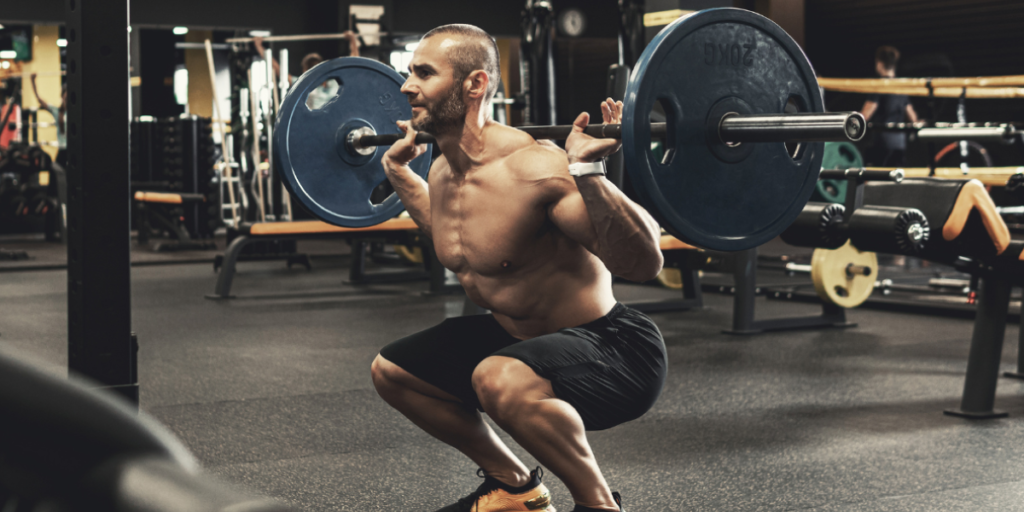
Powerlifting, as a sport, does not automatically lead to fat gain. The misconception arises from the fact that powerlifters often have a larger and more muscular physique due to their training regimen. Powerlifting primarily focuses on strength development through heavy resistance training, which stimulates muscle growth. As a result, powerlifters may have a higher overall body weight, leading to the assumption of fat gain.
However, the truth is that powerlifting alone does not cause fat accumulation. The key factor in body composition is diet and caloric intake. Powerlifters require a substantial amount of calories to fuel their demanding workouts and support muscle growth and recovery. If individuals overeat beyond their caloric needs or consume unhealthy food choices regularly, they might experience fat gain. But this is a result of diet, not the sport itself.
To debunk this myth, it’s crucial to understand that powerlifters are dedicated athletes who often carefully manage their nutrition to optimize performance. They aim to strike a balance between caloric intake and expenditure, ensuring they have enough energy for training without excessive fat gain.
Myth #2: Powerlifters are Lazy

This is another common misconception. Powerlifters are actually very active athletes. They train for hours each day, and they often have very active lifestyles outside of training. However, powerlifting is not a cardio-intensive sport, so powerlifters may not burn as many calories as other athletes. This leads to weight gain if they are not careful with their diet.
Myth #3: Powerlifters are All About Mass
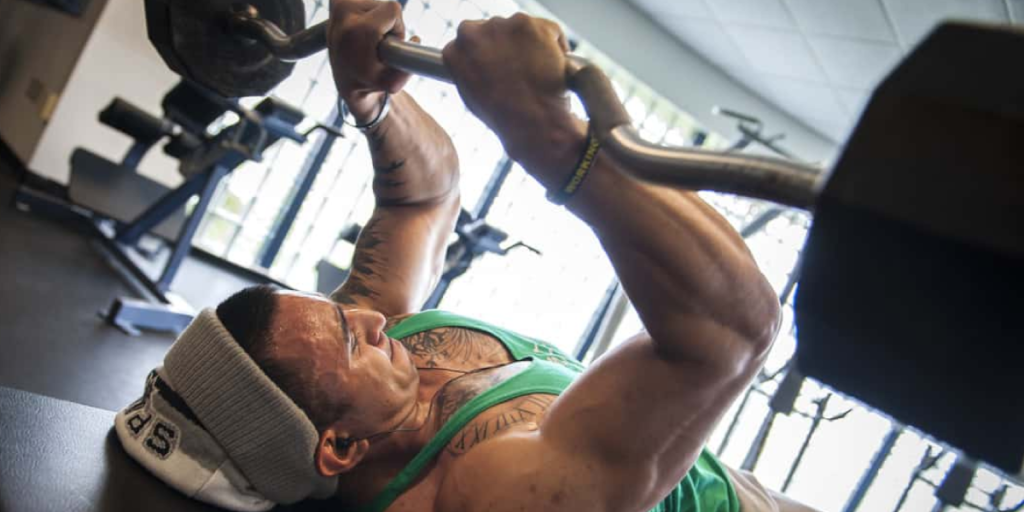
While powerlifters need a certain level of muscle mass to perform well in their sport, it’s not about blindly pursuing mass at all costs. The primary goal of powerlifting is to lift maximal weights in the squat, bench press, and deadlift. Building muscle mass contributes to increased strength and force production, but it is only one aspect of the equation.
In fact, many powerlifters are very concerned with their body composition. They want to have a high percentage of muscle mass and a low percentage of body fat. This is because having a high muscle-to-fat ratio is important for strength and performance. Carrying excess body fat can negatively impact the strength-to-weight ratio and hinder performance in the competitive arena.
So, Why Are Some Powerlifters Fat?
There are a few reasons why some powerlifters may have a higher body fat percentage than others. These reasons include:
Overeating
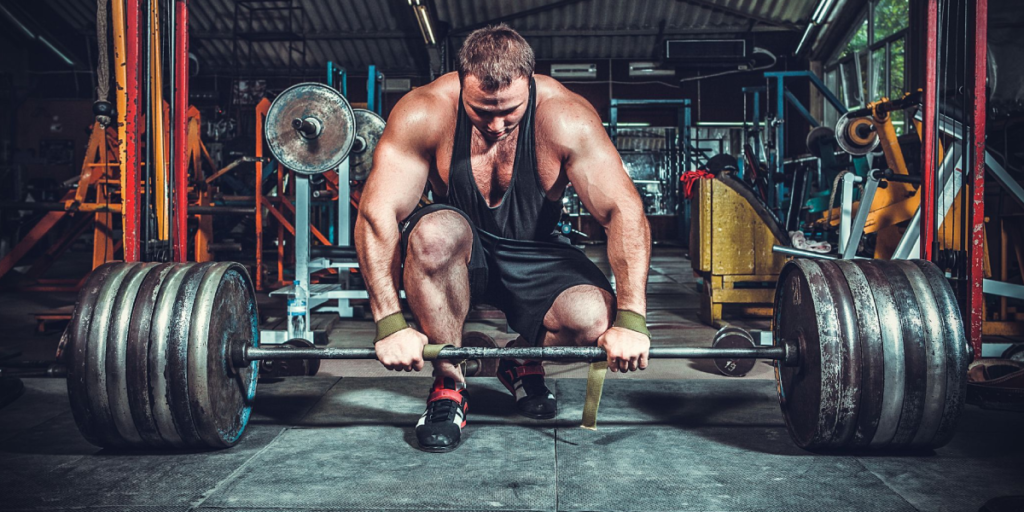
One of the most common reasons for higher body fat in powerlifters is overeating. Powerlifting demands a significant amount of energy to support intense training sessions and muscle recovery. While it’s essential to consume enough calories to fuel these activities, some athletes may inadvertently consume more than they need.
This can happen if they are not careful with their diet or if they believe that excessive calorie intake is necessary for muscle gain and strength development. Consuming more calories than the body needs leads to a calorie surplus, resulting in the storage of excess energy as body fat.
In general, lifting weights burns calories during a training session. Research suggests that women burn around 75-100 calories for a lower-volume session and about 150 calories for a higher-volume session. For men, the calorie burn is approximately 150 calories for a lower-volume session and around 300 calories for a higher-volume session.
These numbers can vary based on the total work performed during the training session (sets x reps x load), but it’s essential to note that it’s probably not as high as some fitness trackers may suggest (e.g., 900 calories). The actual calorie burn depends on individual factors and should be considered as an estimate rather than an exact value.
Inactivity Outside of Training
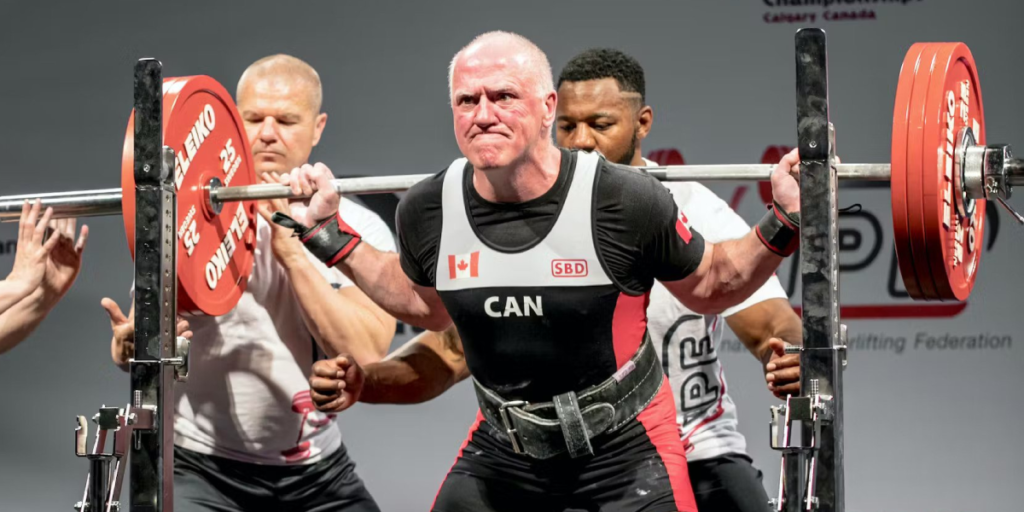
Powerlifting training can be highly intense and demanding, but it typically involves relatively short bursts of activity during training sessions. Outside of these workouts, some powerlifters may lead a relatively sedentary lifestyle. If they don’t engage in regular physical activity throughout the day, their overall daily calorie expenditure may be lower than desired. This lack of activity can contribute to weight gain and an increase in body fat percentage over time.
Genetics
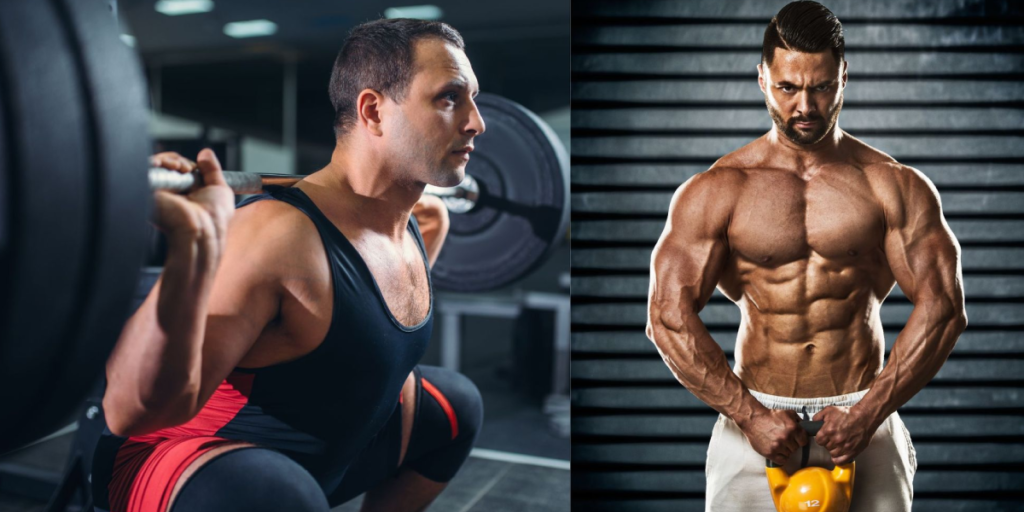
Genetics plays a significant role in determining an individual’s propensity to gain weight. Some people are genetically predisposed to store more fat or have a slower metabolism, making it easier for them to accumulate body fat.
While genetics can influence how the body responds to various factors like calorie intake and physical activity, it’s essential to remember that lifestyle choices and habits still play a crucial role in body composition. Even with genetic predispositions, maintaining a balanced diet and an active lifestyle can positively impact overall body composition and health.
Intention of Gaining Muscle at a Faster Rate
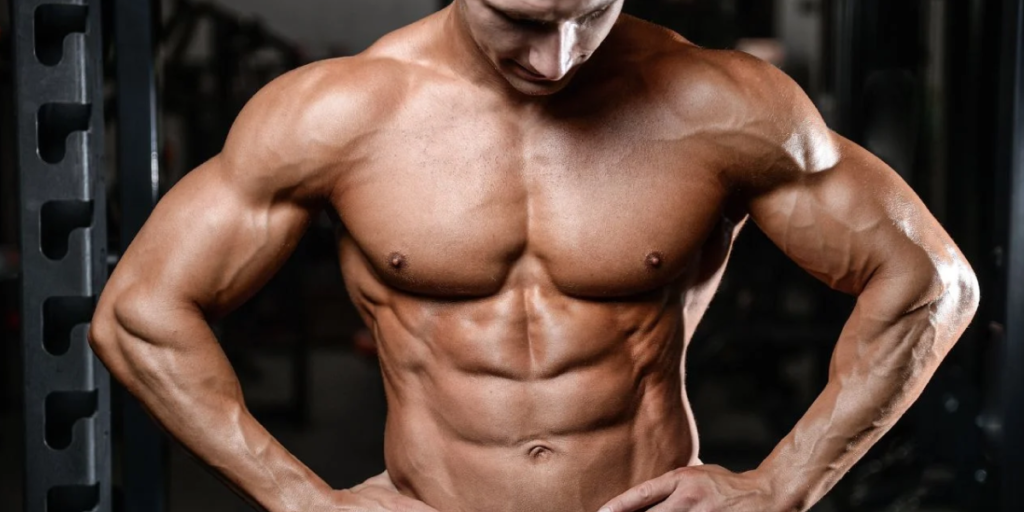
Some powerlifters may have a higher body fat percentage due to their intentional pursuit of gaining muscle at a faster rate. This approach is often referred to as an “aggressive bulk,” where they purposely consume excess calories to put on more muscle mass, believing that “mass moves mass.”
Research supports the idea that an aggressive bulk can indeed lead to faster muscle gain. However, the downside of this method is that it can also result in an increase in body fat. While absolute strength (strength regardless of size) may improve due to the added muscle mass, relative strength (how strong you are for your size) may decrease because of the additional fat mass.
So, it is important to note that not all powerlifters are fat. There are many powerlifters who have a very low body fat percentage. These powerlifters are often very careful with their diet and training.
Are you looking to tap into your raw power, enhance athletic performance, or compete in powerlifting meets? Wondering where to find top-notch personal trainers and coaches specialized in powerlifting in Boston? Look no further! Back Bay Fit has got you covered with a unique and personalized training experience tailored to your individual needs. Let us guide you on your journey to achieving your powerlifting goals and improving overall health and performance. Are you ready to take the first step toward unleashing your full potential? Book a free consultation with us today!
Wrapping Up
In essence, the notion of “why are powerlifters fat” is a misconception that deserves clarification. Powerlifters are not simply “fat,” but rather, they are dedicated athletes focused on building immense strength through intensive training. Their larger appearance stems from increased muscle mass, not excessive body fat. It’s essential to recognize that if some powerlifters have a higher body fat percentage, it’s not due to the sport itself but rather individual factors such as diet, lifestyle, and training approach.
FAQs
What is the powerlifting exercise list?
The powerlifting exercise list comprises three main compound movements: squat, bench press, and deadlift, which collectively target the entire body and focus on building maximal strength.
Why are weightlifters so big?
Weightlifters often appear big due to their extensive training focused on explosive lifts like the clean and jerk and snatch, which develop significant muscle mass and power necessary for their sport. Additionally, weightlifters may have higher body weights to optimize performance within their respective weight classes.
Are powerlifters healthy?
Generally, powerlifters can be healthy when they prioritize proper nutrition, recovery, and injury prevention while engaging in their strength-focused training.
What are the powerlifting benefits?
Powerlifting benefits include increased strength, muscle mass, bone density, and improved overall athletic performance. It also promotes mental toughness, discipline, and self-confidence through challenging training and competition.





